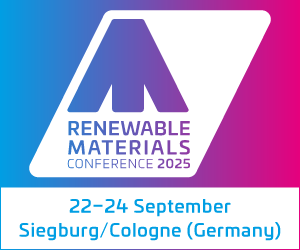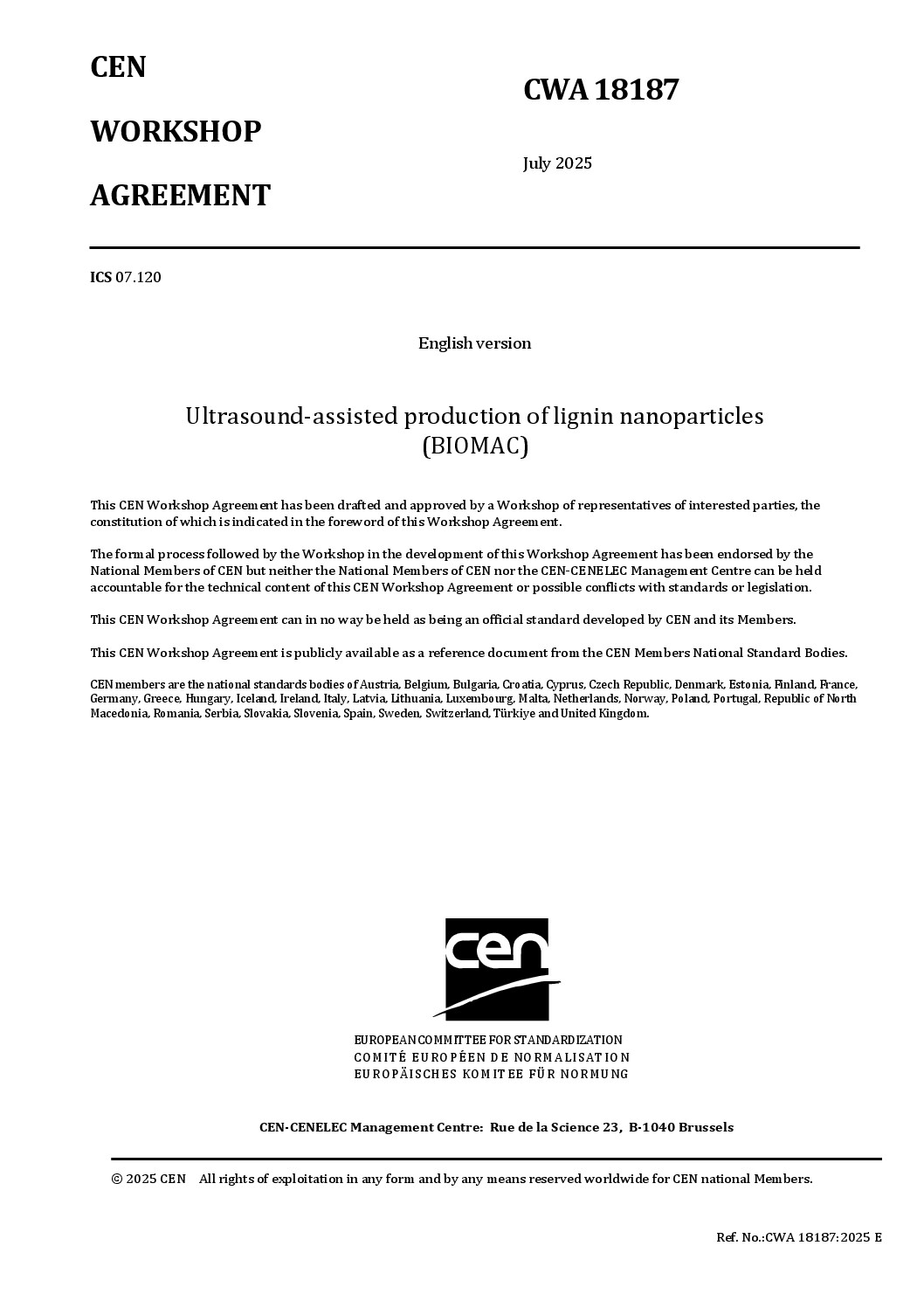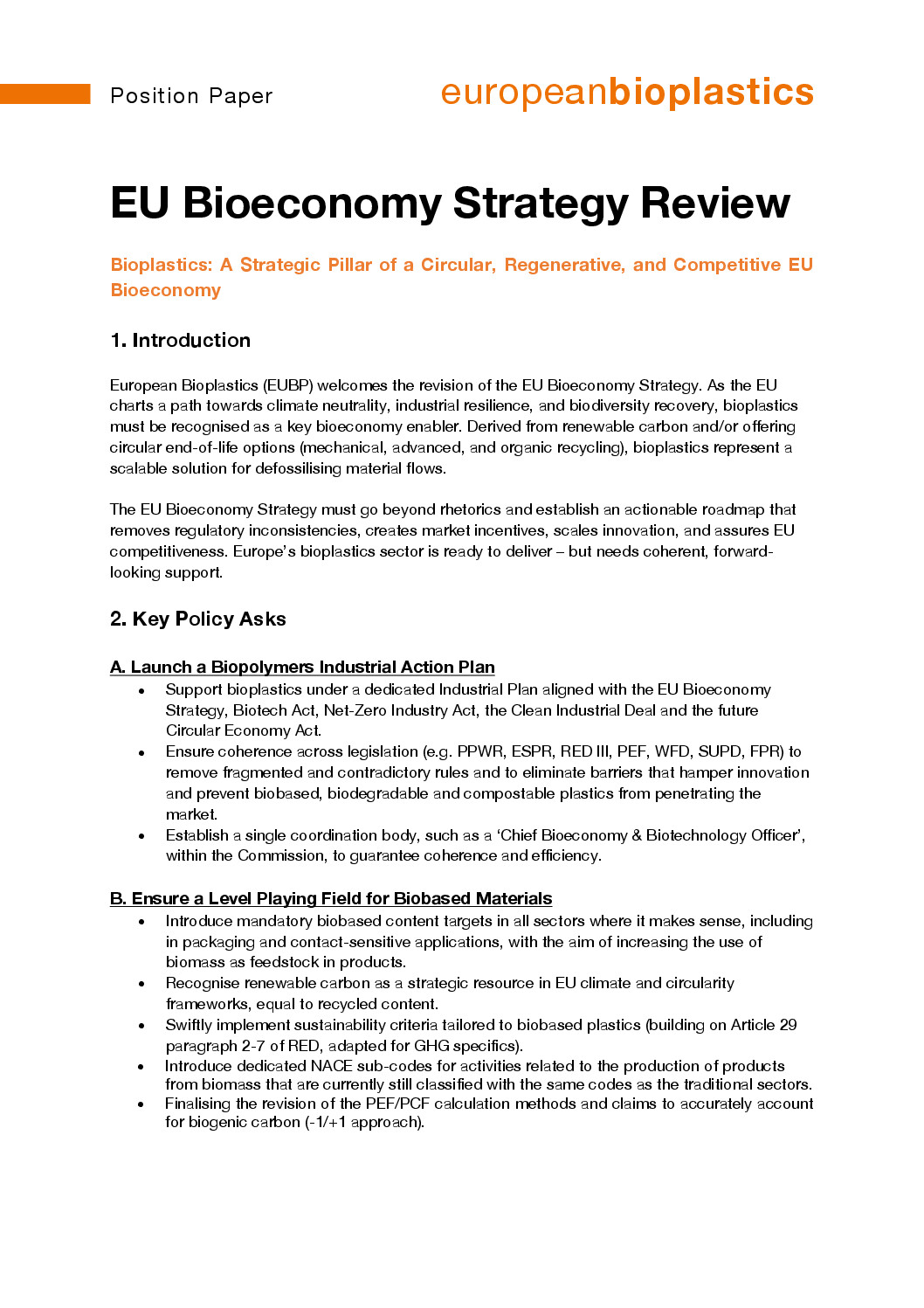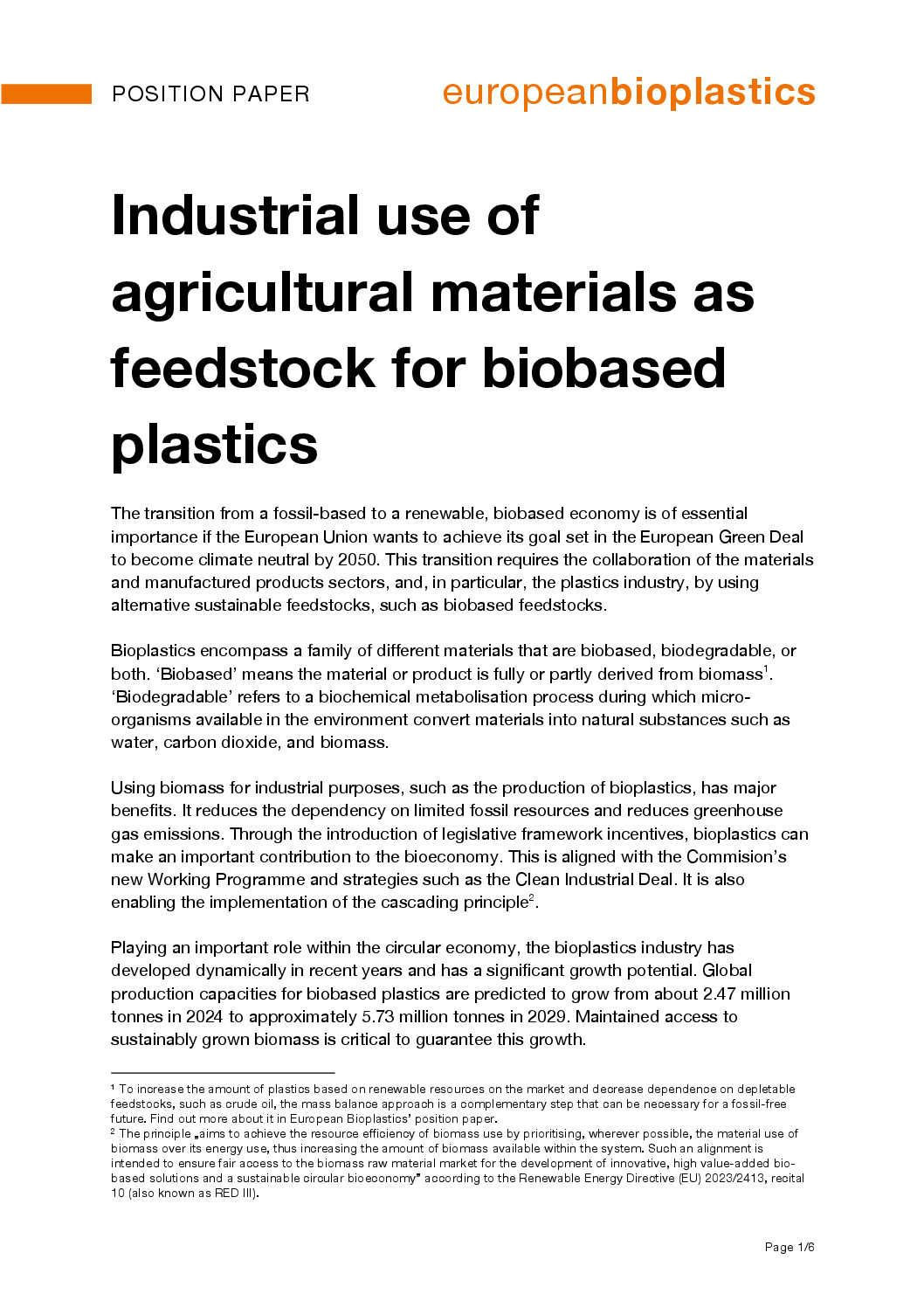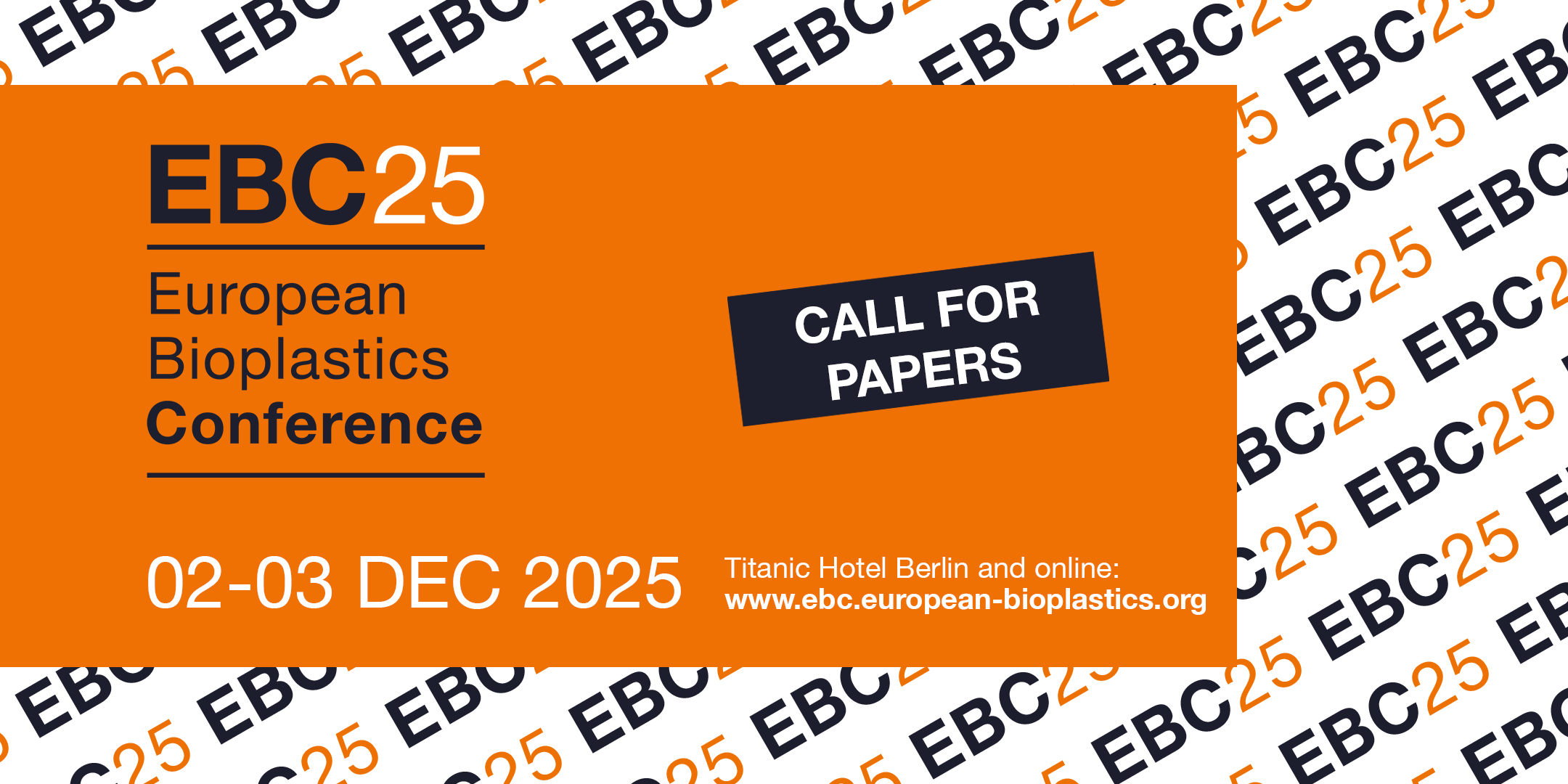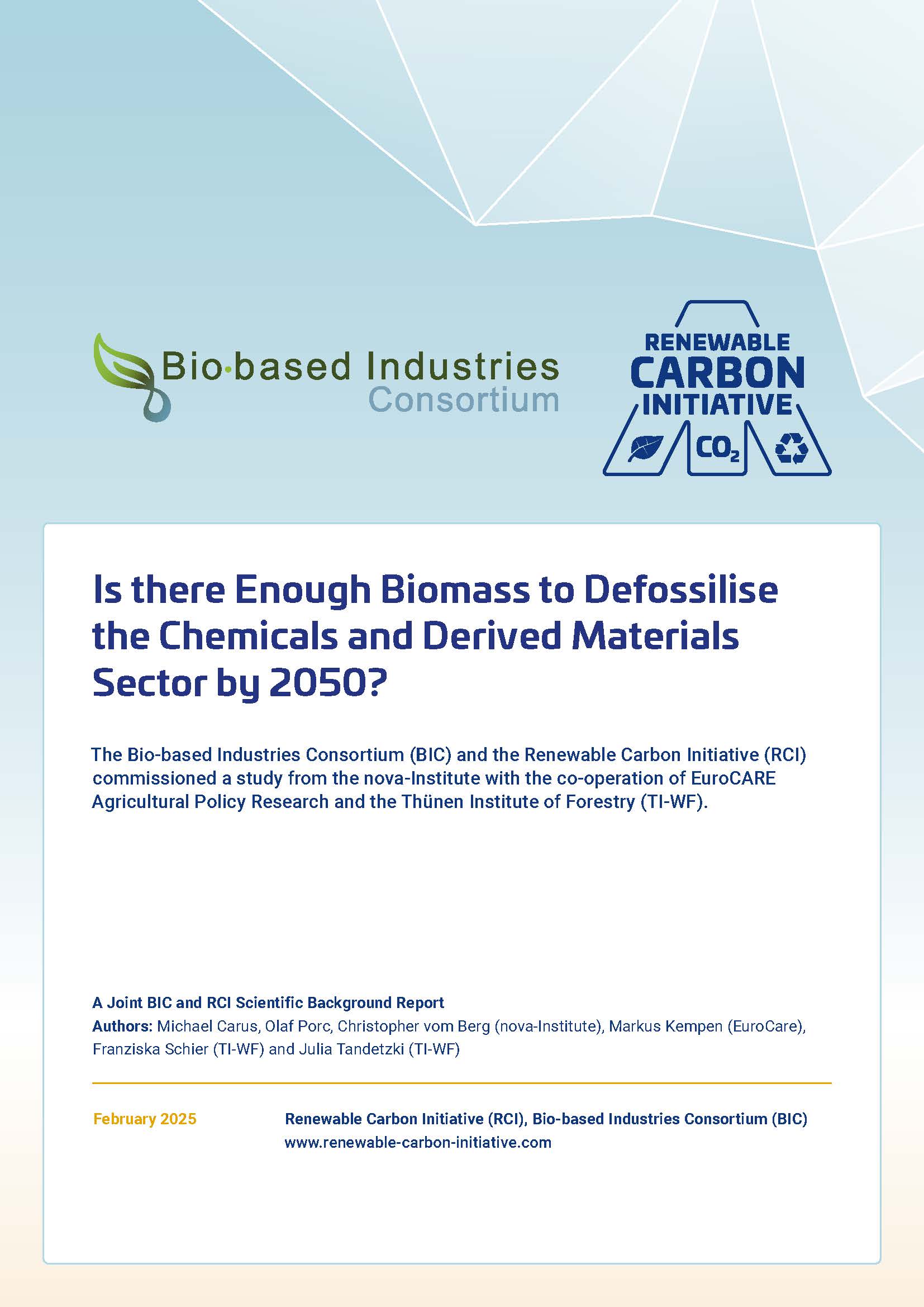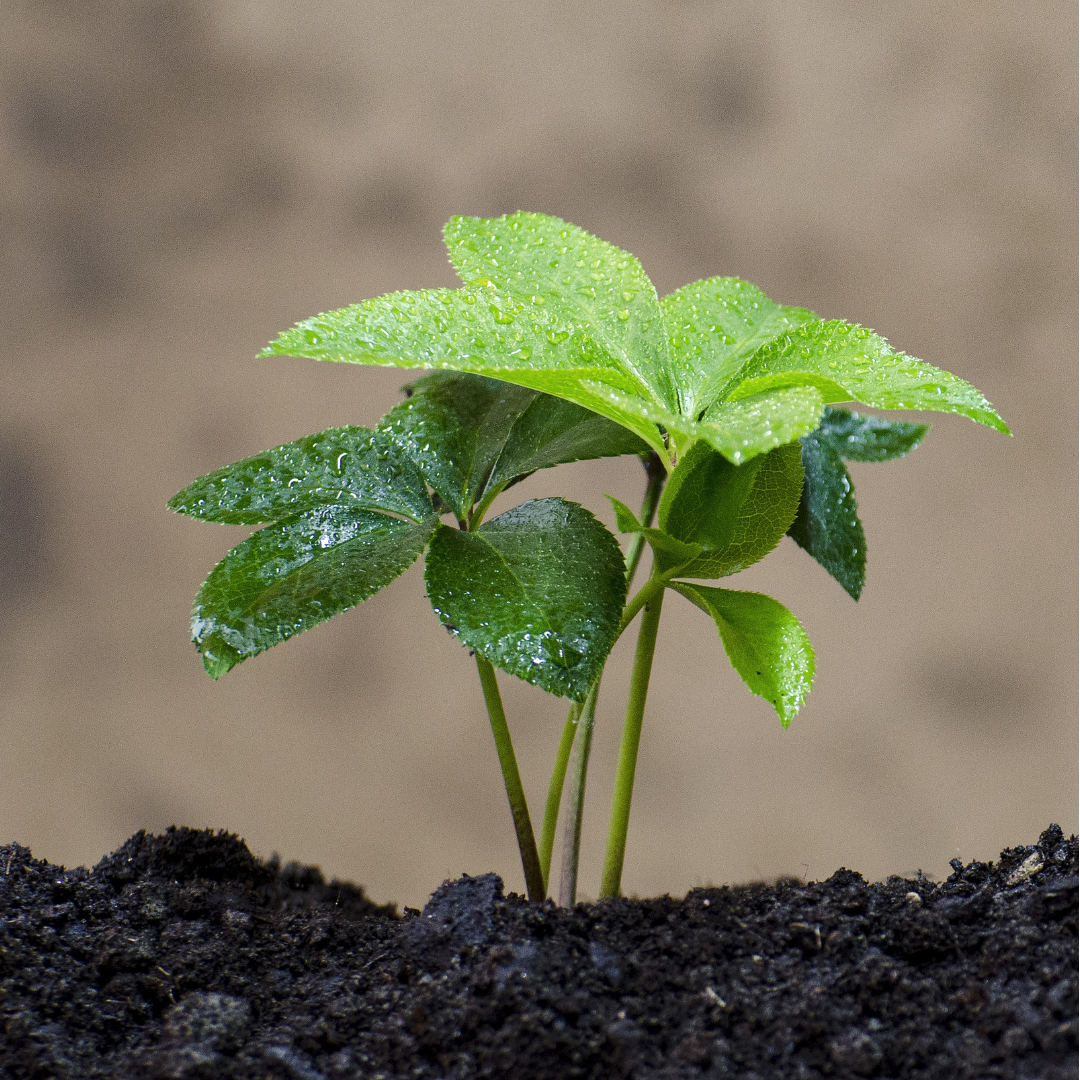Agricultural Biomass: Fuelling the Shift to Biobased Plastics
To meet the EU’s climate neutrality target by 2050, a transition from fossil-based to biobased materials is essential. A key player in this shift is the bioplastics industry, which leverages agricultural biomass, such as corn, wheat, and sugar beet, to create sustainable alternatives to traditional plastics. The use of biobased feedstocks for material production [...]

